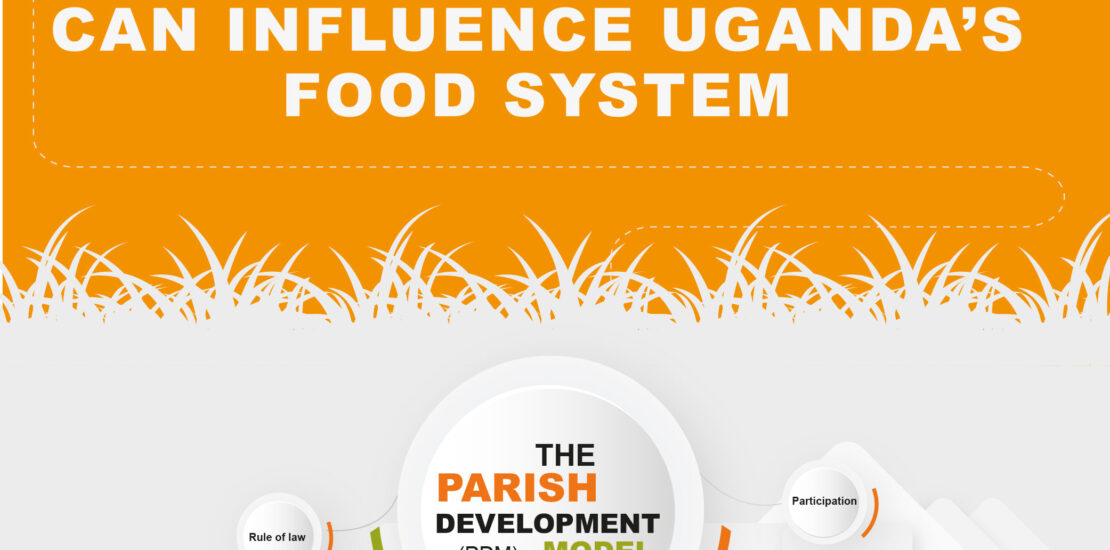How the Parish Development Model Can Transform Uganda’s Food System
- June 1, 2023
- Posted by: CEFROHT Reporter
- Category: Advocacy

The Government of Uganda is implementing the Parish Development Model (PDM), a last-mile strategy for service delivery aimed at improving household incomes and welfare nationwide. As a key mechanism for executing the Third National Development Plan (NDP III), the PDM fosters inclusive development at the parish level through coordinated efforts by both state and non-state actors. Its implementation is anchored in existing legal and policy frameworks, including the Constitution of Uganda (1995, as amended), the Local Governments Act (Cap. 243), the Cooperative Societies Act, the National Cooperative Policy (2011), the National Financial Inclusion Strategy (2017–2022), the PDM SACCO Byelaws, and the PDM Guidelines.
Designed as a master plan to accelerate wealth creation and enhance livelihoods, the PDM aims to ensure every Ugandan has access to basic human needs—food, clothing, shelter, healthcare, security, infrastructure, education, and spirituality. With a strong focus on agriculture, the program operates on an unprecedented scale to uplift subsistence farmers and strengthen the country’s food system.
Agriculture remains the backbone of Uganda’s economy, employing approximately 70% of the population and serving as the primary livelihood for rural communities. Recognizing its potential to reduce poverty and spur economic growth, the PDM prioritizes agricultural value chain development—encompassing production, storage, value addition, processing, and marketing. This approach aligns with the broader food system framework, which includes food production, processing, distribution, and consumption. By promoting high-return farming enterprises, the PDM seeks to shift Uganda’s agricultural sector from subsistence to commercial production.
Under the PDM, the government is promoting key agricultural enterprises—such as coffee, fruits, dairy, beef, fish, poultry, piggery, maize, beans, and cassava—to boost food production and livestock output. The Parish Revolving Fund (PRF) User Handbook provides guidelines to help farmers manage their enterprises profitably. This initiative marks a strategic shift from low-yield subsistence farming to market-oriented production of high-quality, nutritious food.
To enhance productivity, the PDM will provide smallholder farmers with financial support for agro-inputs. Most of Uganda’s food is produced by small-scale farmers working with limited resources, leading to unsustainable food systems. By facilitating access to loans, savings, insurance, and other financial services, the program aims to lower production costs and improve food quality. Additionally, households within each parish will be organized into enterprise groups, linking them to quality inputs, technical assistance, extension services, and guaranteed markets.
In urban areas, the PDM will support food-related businesses, including juice processing, chapati making, roasted chicken and meat (muchomo) ventures, popcorn businesses, brewing, and produce trading. Beyond production, the program will invest in critical infrastructure—such as roads, energy, and storage facilities—to improve food distribution and accessibility.
If implemented effectively within the established legal framework, the PDM promises to bring transparency, accountability, and efficiency to Uganda’s agriculture sector. This could lead to significant improvements in food safety, environmental health, food security, and the overall sustainability of the nation’s food system.
